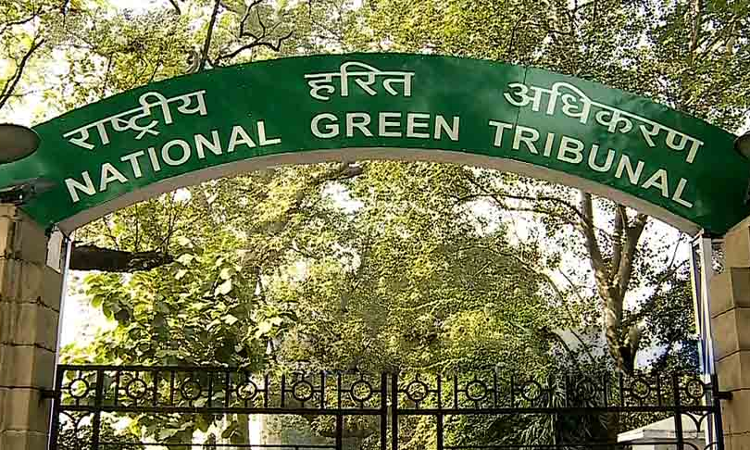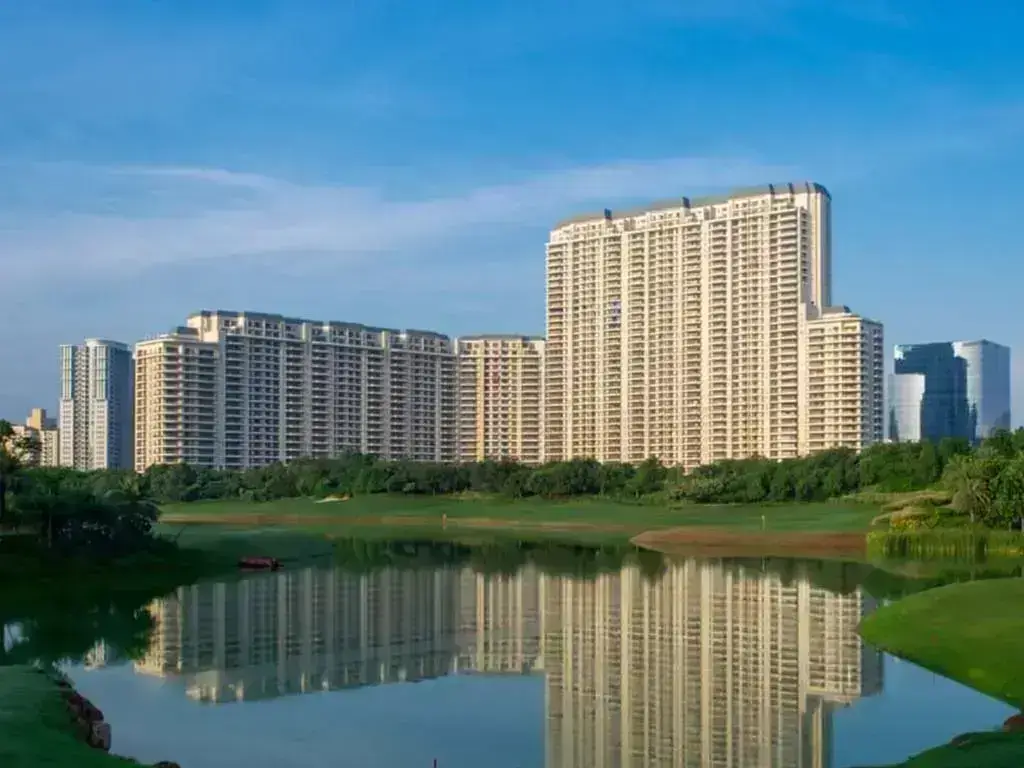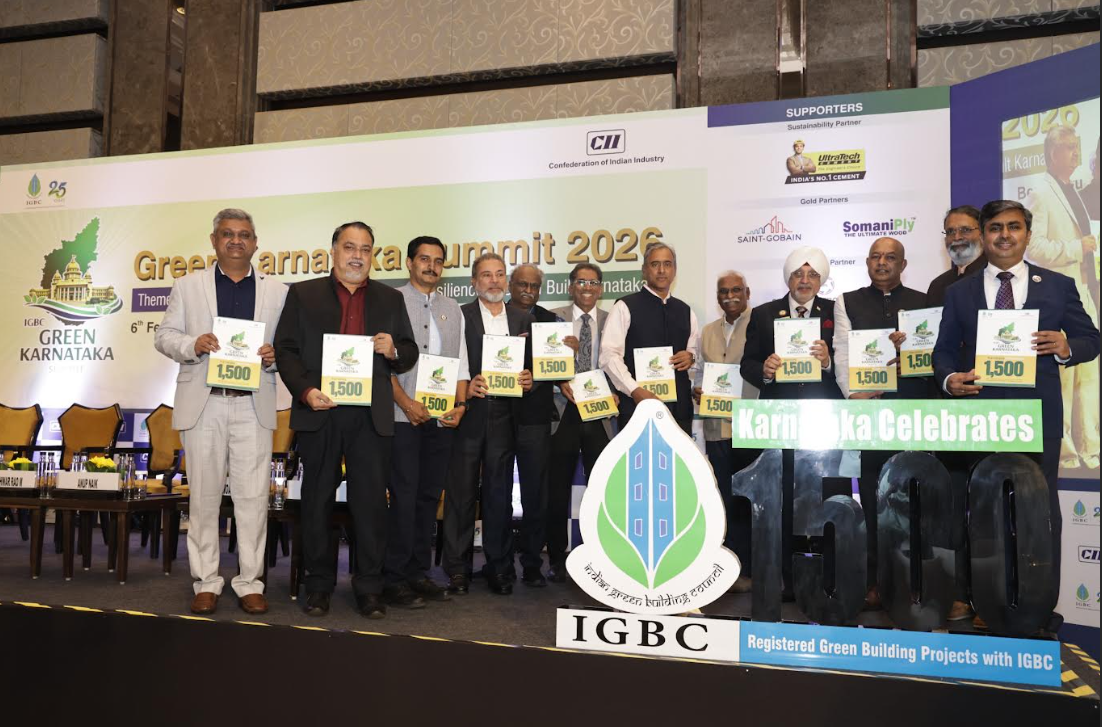The National Green Tribunal (NGT) has ordered a halt to construction projects in Noida and Greater Noida that lack the required environmental and regulatory clearances. The directive emphasizes the importance of following environmental rules before starting any construction.
The NGT bench, led by Chairperson Justice Prakash Shrivastava, with Judicial member Justice Sudhir Agarwal and expert member A. Senthil Vel, was hearing a petition that alleged widespread violations of environmental regulations in the region. Several developers were found to be undertaking construction without securing critical permissions, including Consent to Establish (CTE), Consent to Operate (CTO), and Environmental Clearance (EC).
The bench has noted that authorities have submitted their responses, revealing that some project proponents are continuing construction without obtaining the required clearances. The bench directed the Uttar Pradesh Pollution Control Board (UPPCB) and other state authorities to ensure that no such projects are allowed to proceed until they comply with all environmental and legal requirements.
The petition, filed by BJP leader and former Municipal Corporator Rajendra Tyagi, identified numerous unauthorized construction activities across 56 villages in Greater Noida and 18 villages in Noida. These include illegal townships, apartments, and villas being built on arable farmland without environmental approvals.
Petitioner’s counsel Akash Vashishtha presented evidence of unauthorized developments, including photographs showing the installation of electricity poles and the digging of borewells without mandatory no-objection certificates. The plea also alleged that illegal plotting and construction were contributing to the destruction of fertile farmland and disrupting the ecological balance of floodplain areas.
The tribunal raised concerns over construction activities in floodplain zones, which pose a risk to the region’s environmental stability. In its order, the NGT directed the UPPCB to take immediate steps to prevent illegal plotting and construction in these sensitive areas.
The tribunal’s order comes amidst allegations that more than 20,000 hectares of farmland in both Greater Noida and Noida have been used for illegal plotting and development. Such large-scale activities not only compromise environmental norms but also reduce the availability of fertile land for agriculture.
The NGT’s directive calls for strict monitoring and enforcement of environmental laws. State authorities have been tasked with ensuring that projects requiring clearances are not allowed to proceed without obtaining them. The tribunal’s decision is expected to impact numerous projects in the region, putting pressure on developers to comply with regulations.
The tribunal has set a clear precedent by halting unauthorized construction in one of the fastest-developing urban centers in India. This directive aims to restore regulatory oversight and curb unchecked development in the region. The NGT has also scheduled further hearings to review the progress of enforcement actions and assess whether additional measures are needed.
Image source-livelaw.in









.png)